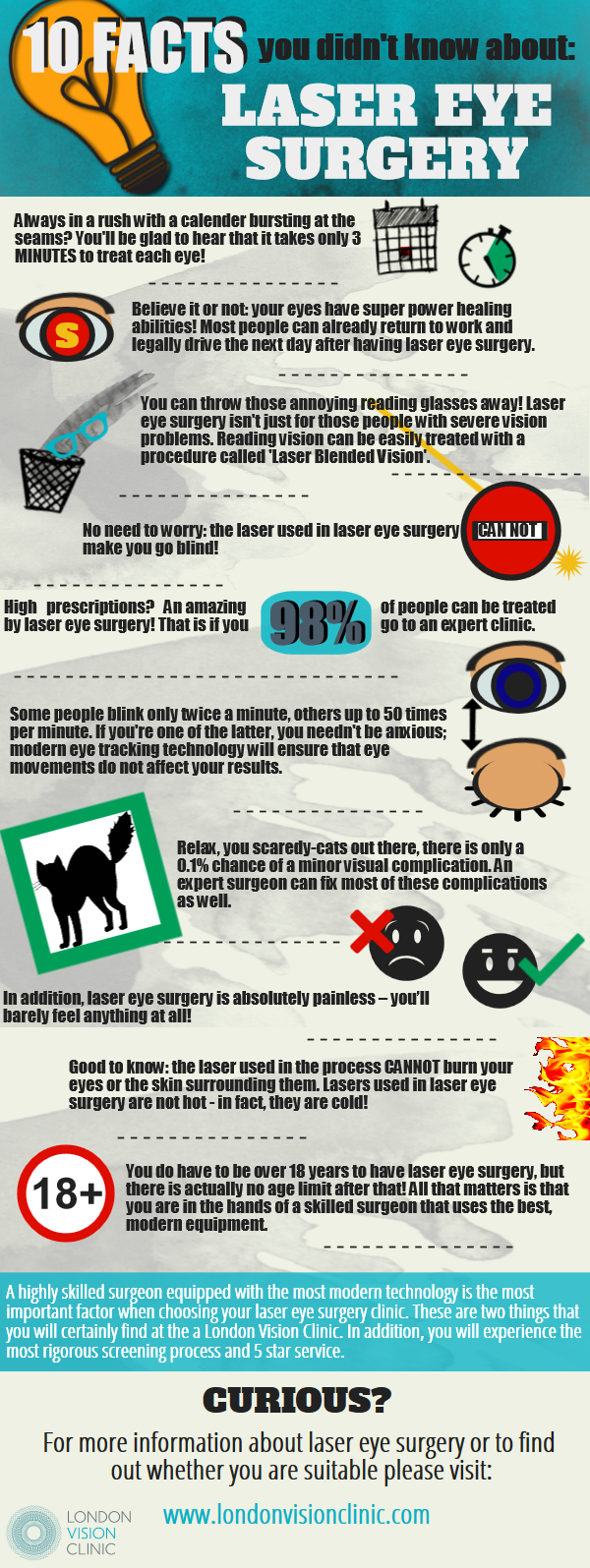Preparing For Your Cataract Surgical Procedure: Insights From Seasoned Surgeons
Preparing For Your Cataract Surgical Procedure: Insights From Seasoned Surgeons
Blog Article
Staff Author-Villumsen Sykes
As you plan for your cataract surgical procedure, it's vital to hearken the recommendations of experienced specialists that have assisted many clients through this procedure. From recognizing the essential pre-operative actions to guaranteeing you are literally all set for the procedure, their insights can make a significant difference in your surgical trip. By making the effort to gain from their proficiency, you can approach your future cataract surgery with confidence and a clear understanding of what to expect.
Pre-Operative Prep work
Prior to your cataract surgical procedure, there are several crucial pre-operative prep work to make sure the treatment goes smoothly. Your doctor will recommend you to stop taking certain medicines, especially blood slimmers, prior to the surgical treatment to reduce the threat of blood loss throughout the treatment. Furthermore, you may require to go through a series of pre-operative tests, such as blood work and an ECG, to guarantee you're in healthiness for the surgical treatment.
On the day of the surgical procedure, you'll require to schedule a person to drive you home as your vision may be blurred, and you shouldn't drive instantly after the treatment.
Bear in mind not to eat or consume anything after midnight the night before your surgical treatment, unless your medical professional advises or else. It's important to comply with all pre-operative guidelines provided by your health care team to ensure an effective and safe cataract surgery experience.
Surgical Procedure Details
Comprehending the actions associated with cataract surgery can help alleviate any stress and anxiety you may have about the procedure.
When you get to the surgical facility, you'll be prepped for the procedure by the clinical personnel.
The surgeon will administer regional anesthetic to numb the eye location and guarantee you're comfortable throughout the treatment.
simply click the up coming web site will be made in your eye to access the clouded lens.
Making use of ultrasound modern technology, the surgeon will certainly break up the cataract and delicately suction it out.
Once the cataract is removed, a new man-made lens will be implanted in its place.
This intraocular lens will assist recover clarity to your vision.
The whole surgical procedure typically takes about 15 to thirty minutes per eye.
After the procedure, you'll be monitored for a brief duration before being allowed to return home.
Most patients experience boosted vision almost immediately adhering to cataract surgical procedure.
Post-Operative Care
Upon conclusion of your cataract surgical treatment, it's essential to adhere to the suggested post-operative treatment instructions to make certain a smooth recuperation procedure. Your doctor will give thorough assistance, which normally includes making use of prescribed eye goes down to avoid infection and reduce swelling.
It's necessary to avoid massaging or taxing your eyes and to use a safety guard while resting to prevent accidental get in touch with. https://www.optometrytimes.com/view/how-differentiate-ctk-dlk-post-surgical-patients might experience some moderate discomfort, irritation, or level of sensitivity to light, but these symptoms typically decrease within a few days.
It is necessary to attend all follow-up appointments so your cosmetic surgeon can monitor your progression and address any type of problems promptly. While you might return to light activities not long after surgery, strenuous exercise and lifting hefty things should be avoided for a few weeks.
Final thought
Finally, by complying with the pre-operative instructions, going through necessary tests, and preparing in advance, you can assist ensure a successful cataract surgical procedure experience. Rely on the competence of your health care group and care for yourself both before and after the procedure. With proper prep work and adherence to guidelines, you can anticipate improved vision and a smoother healing process.
